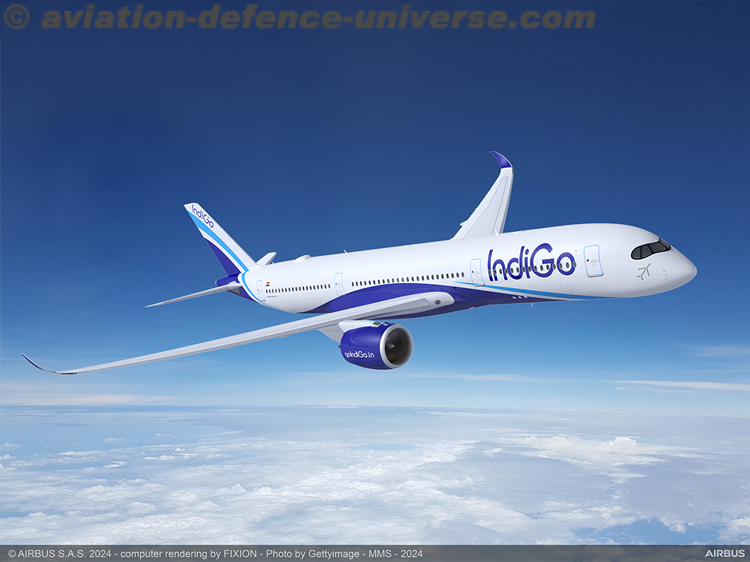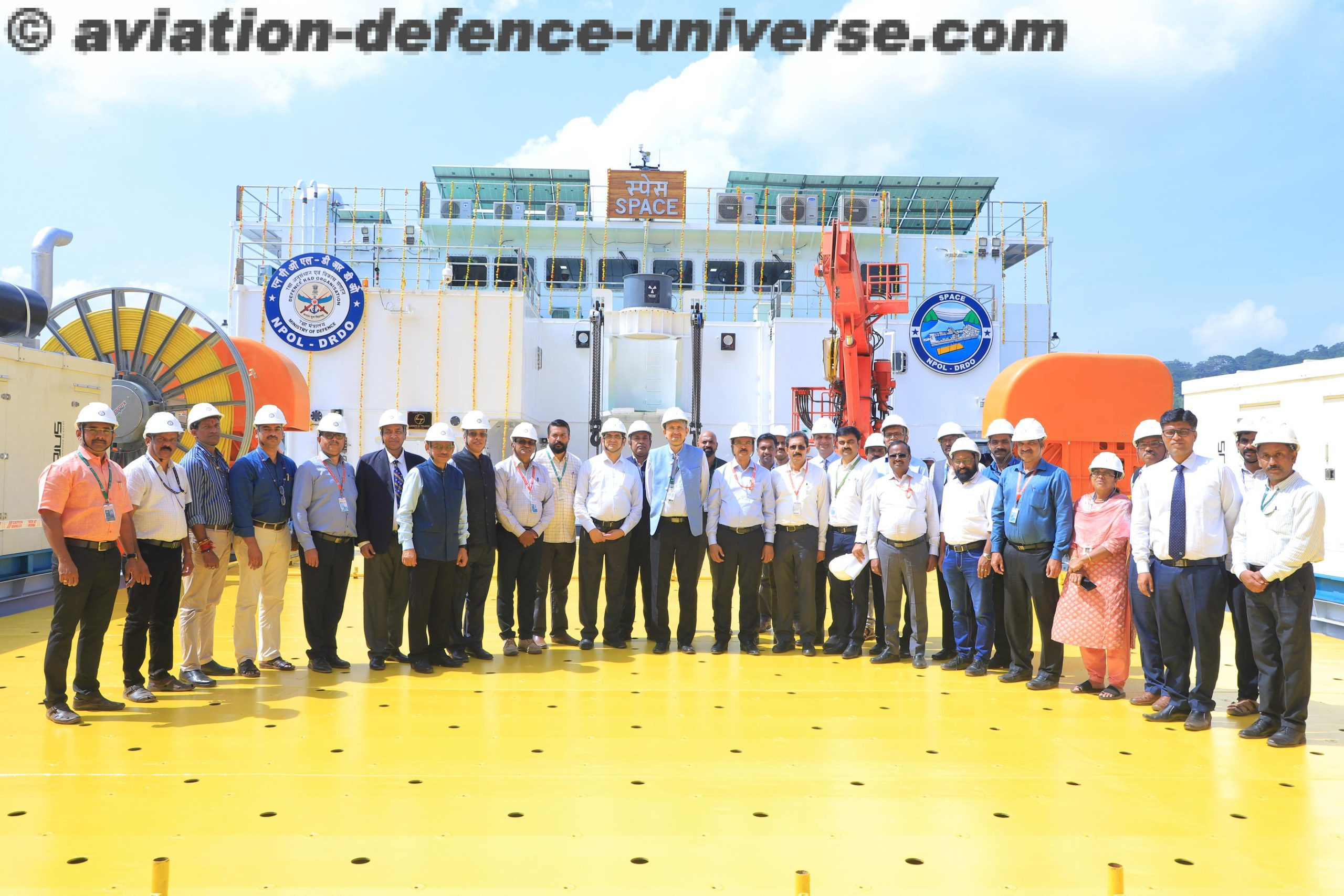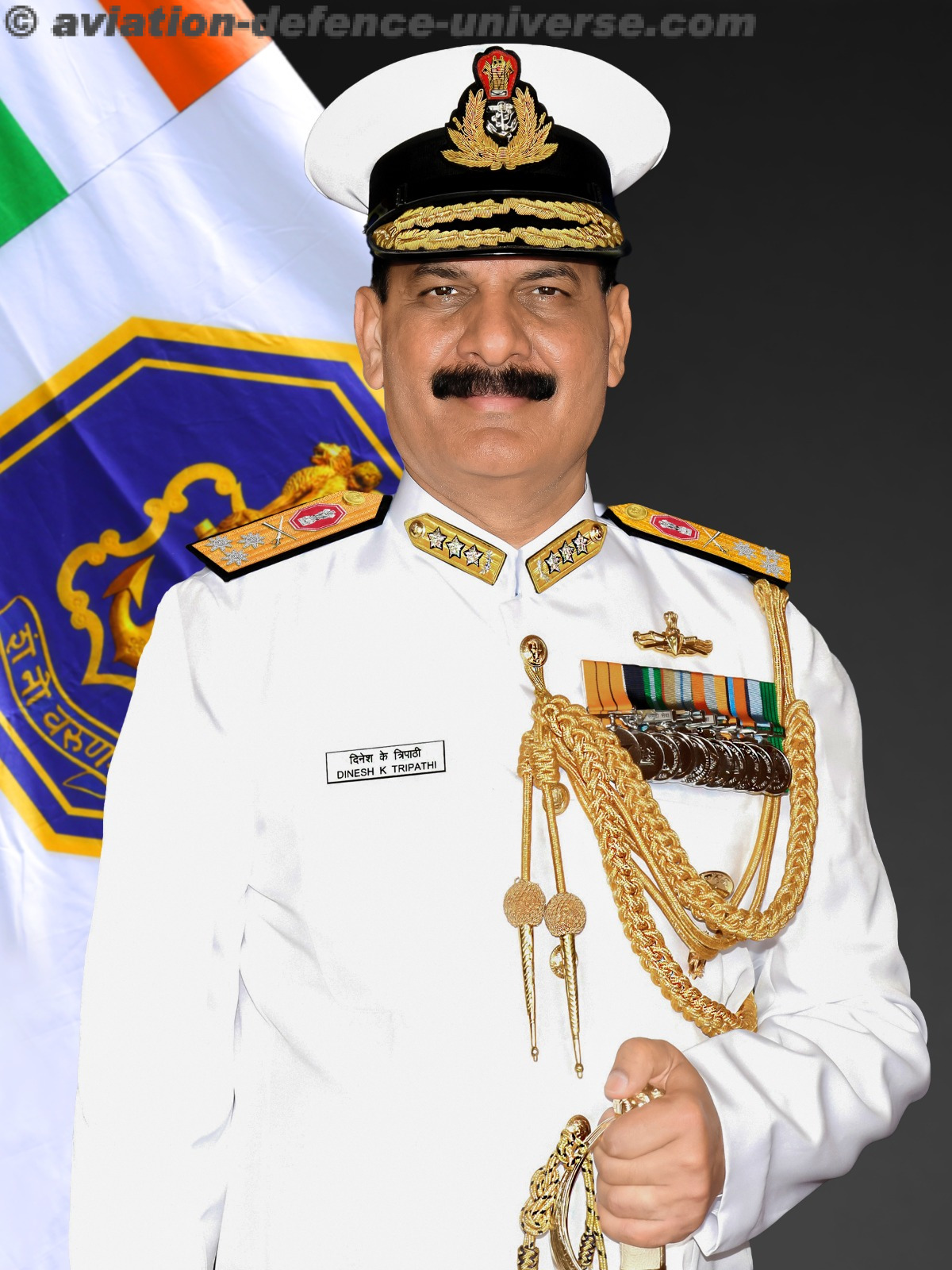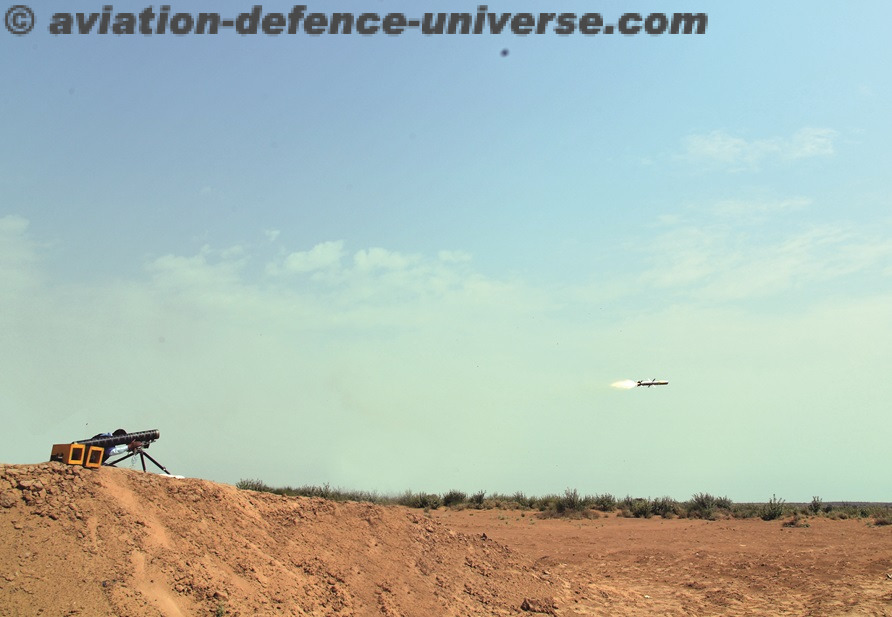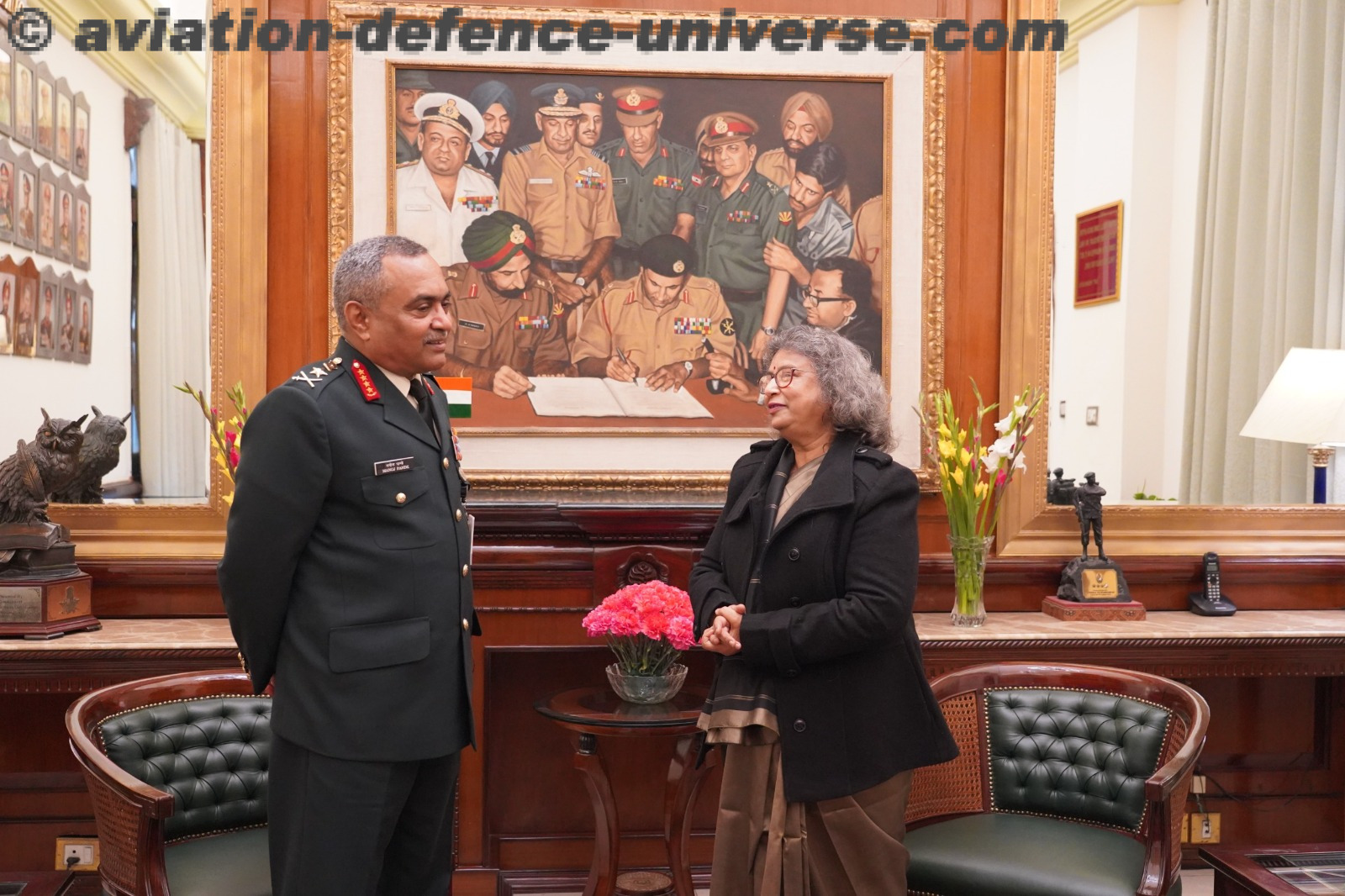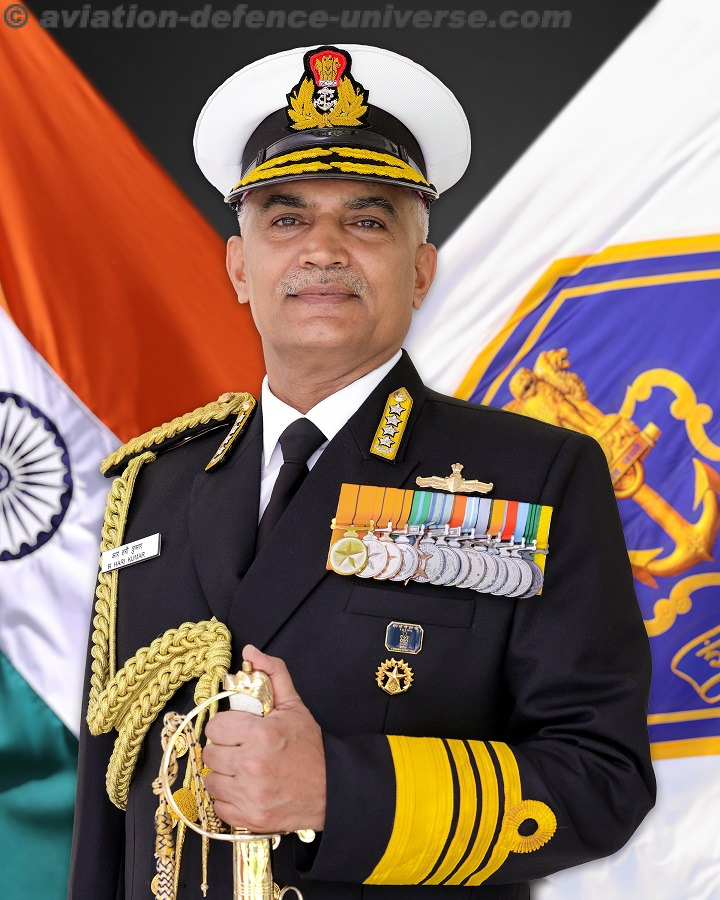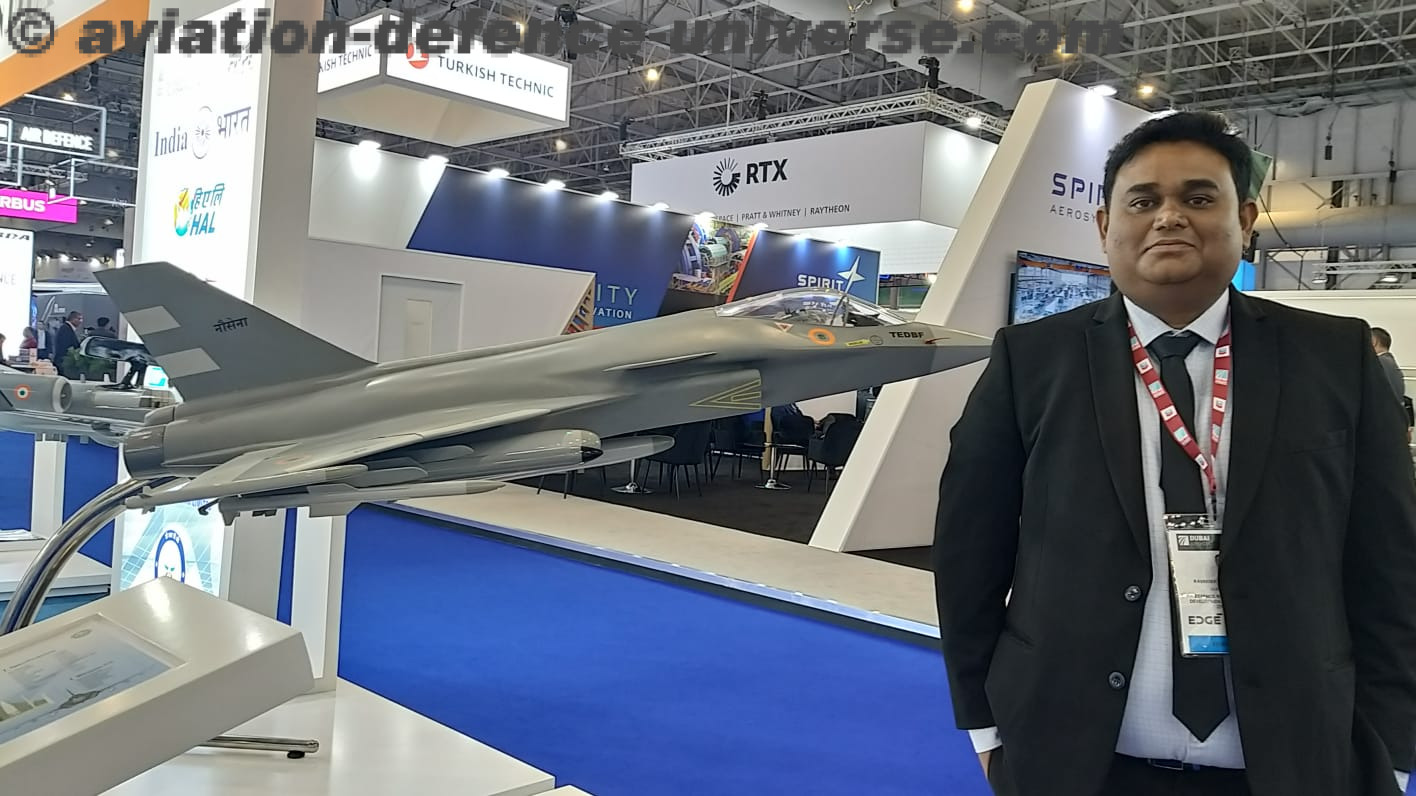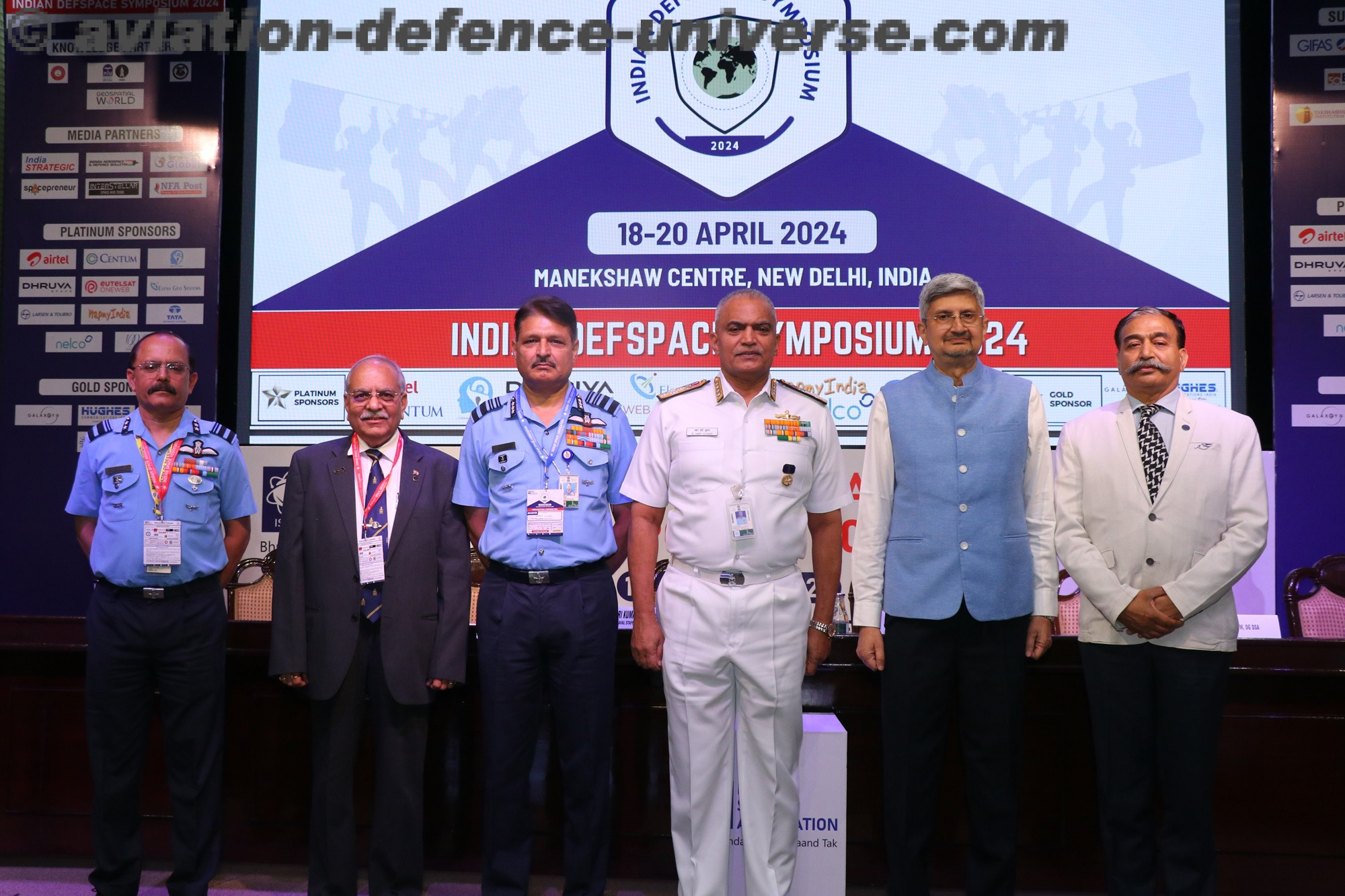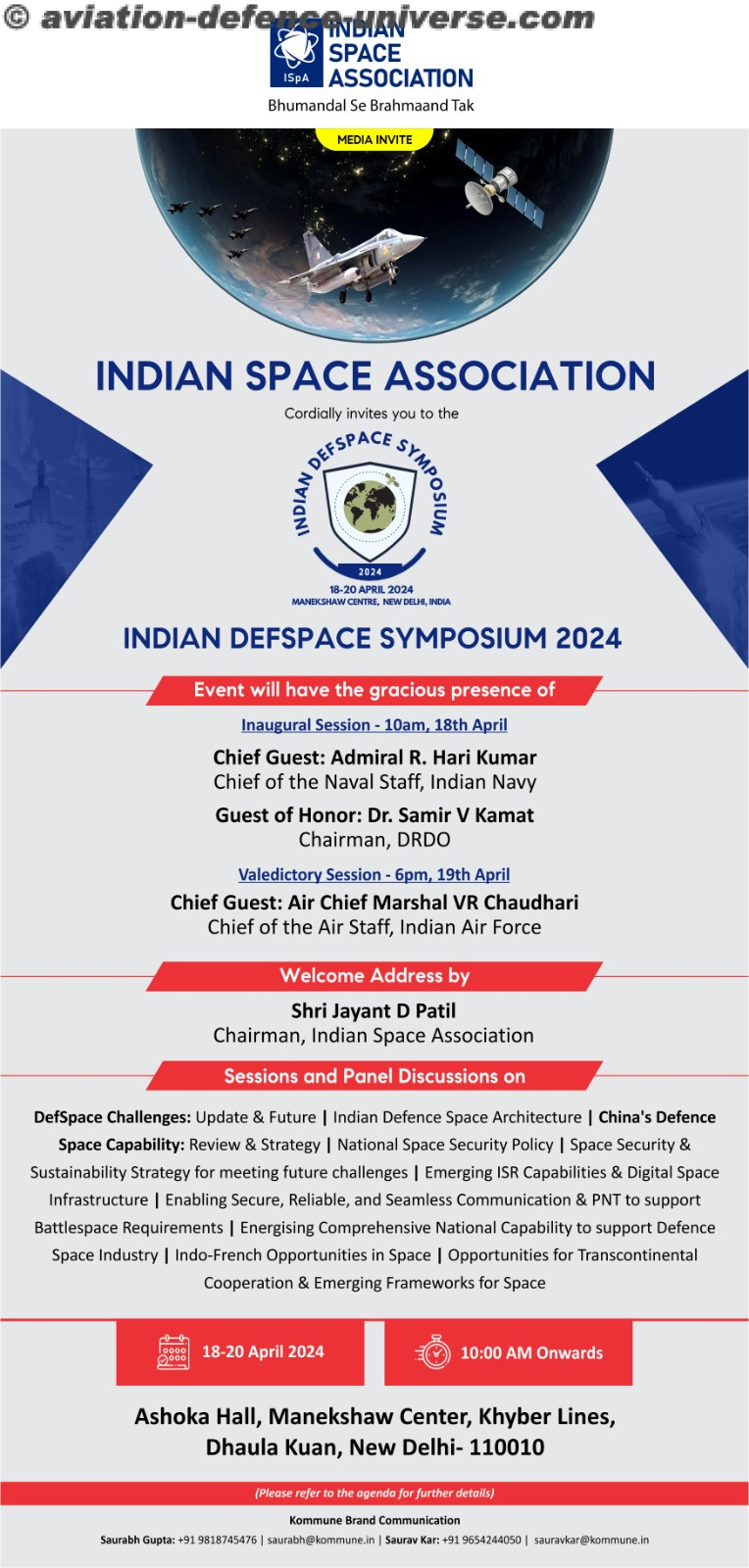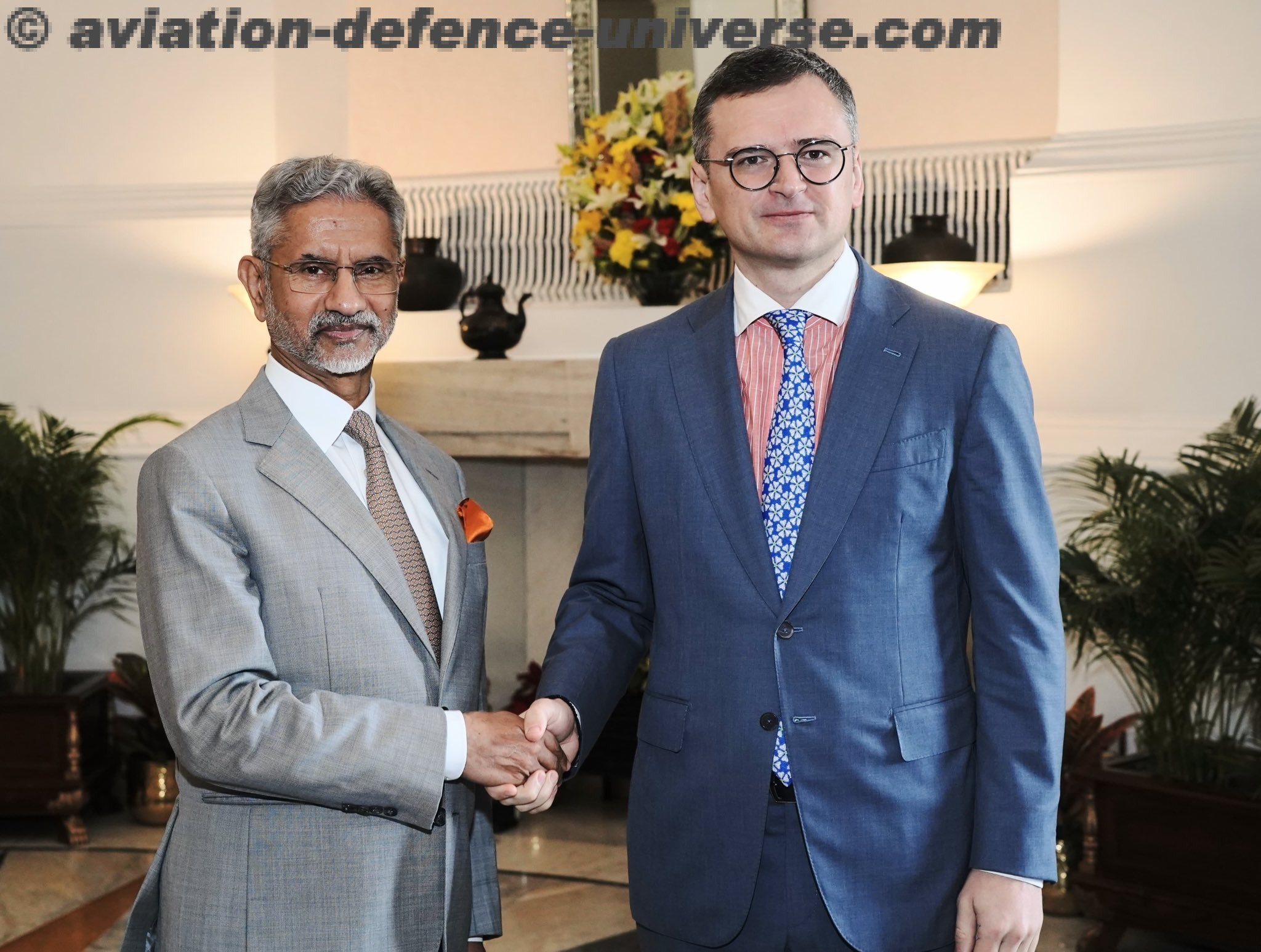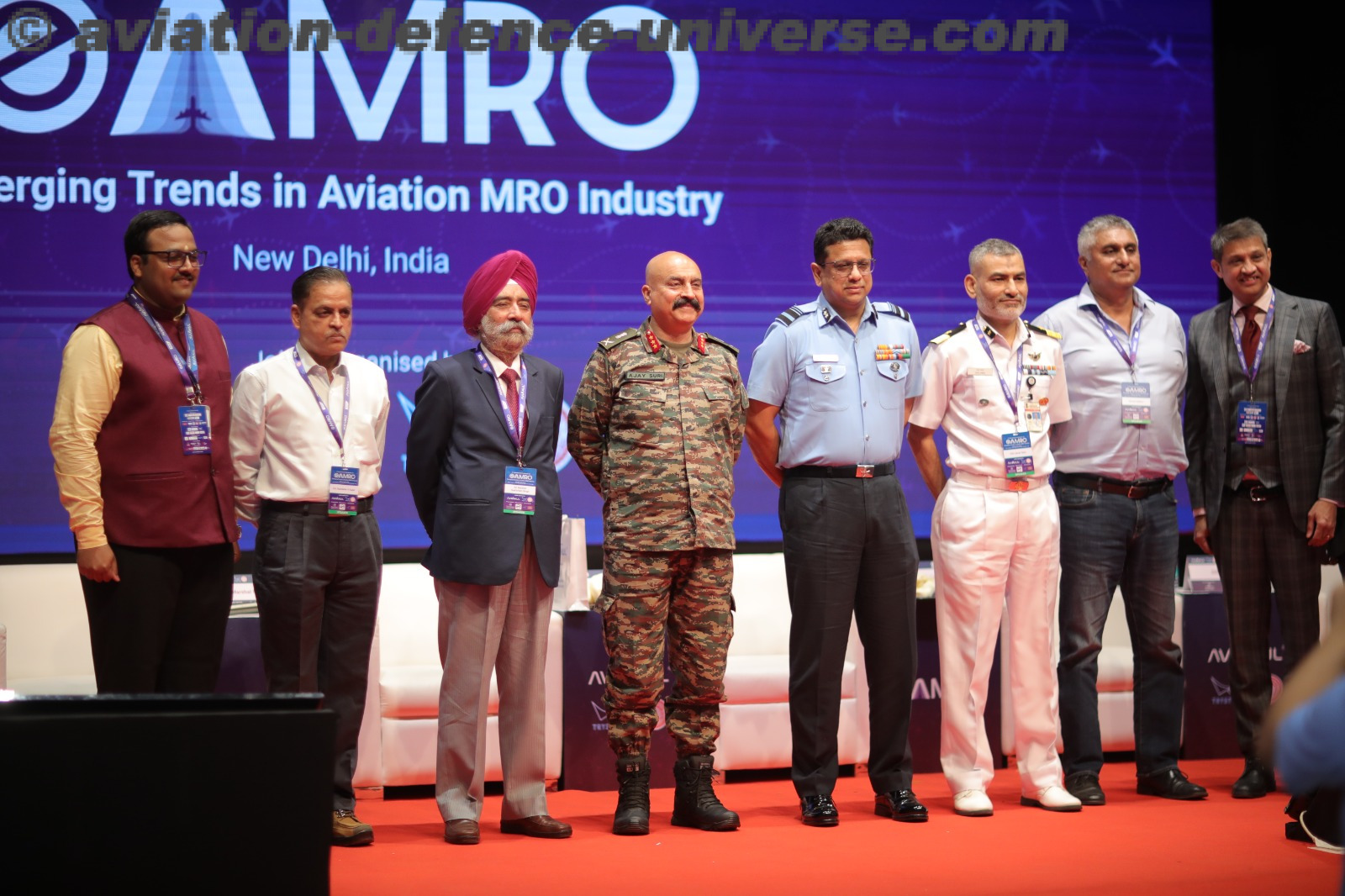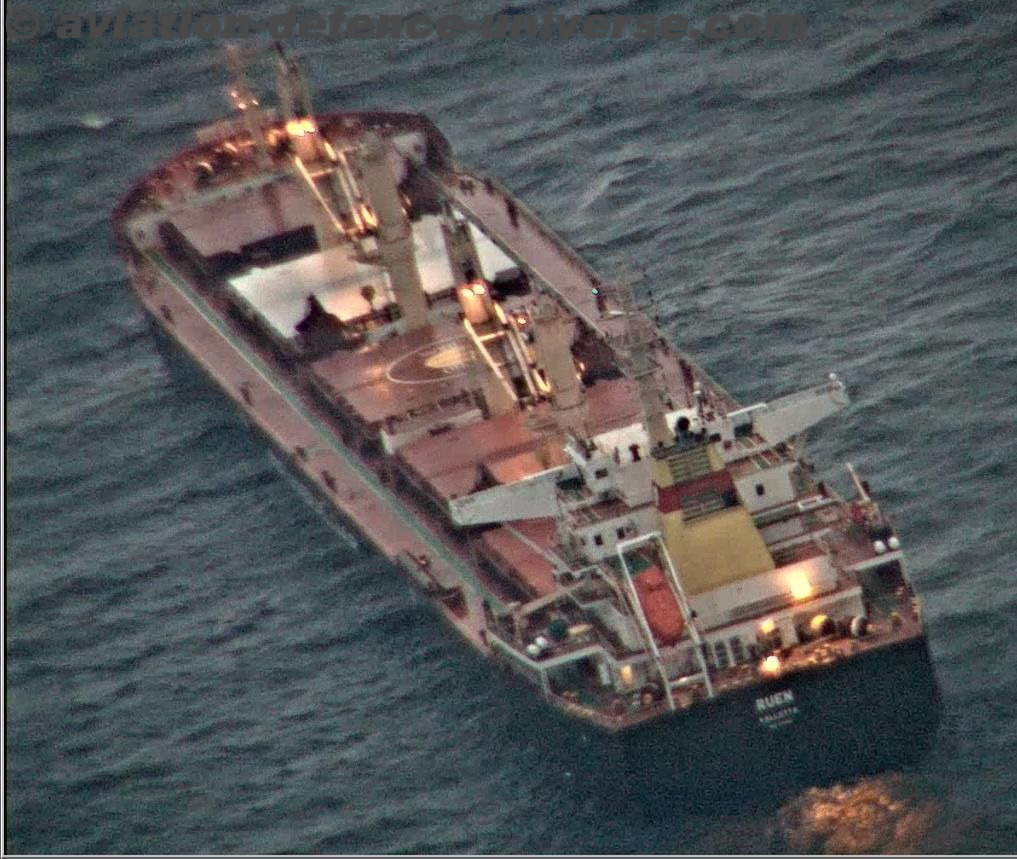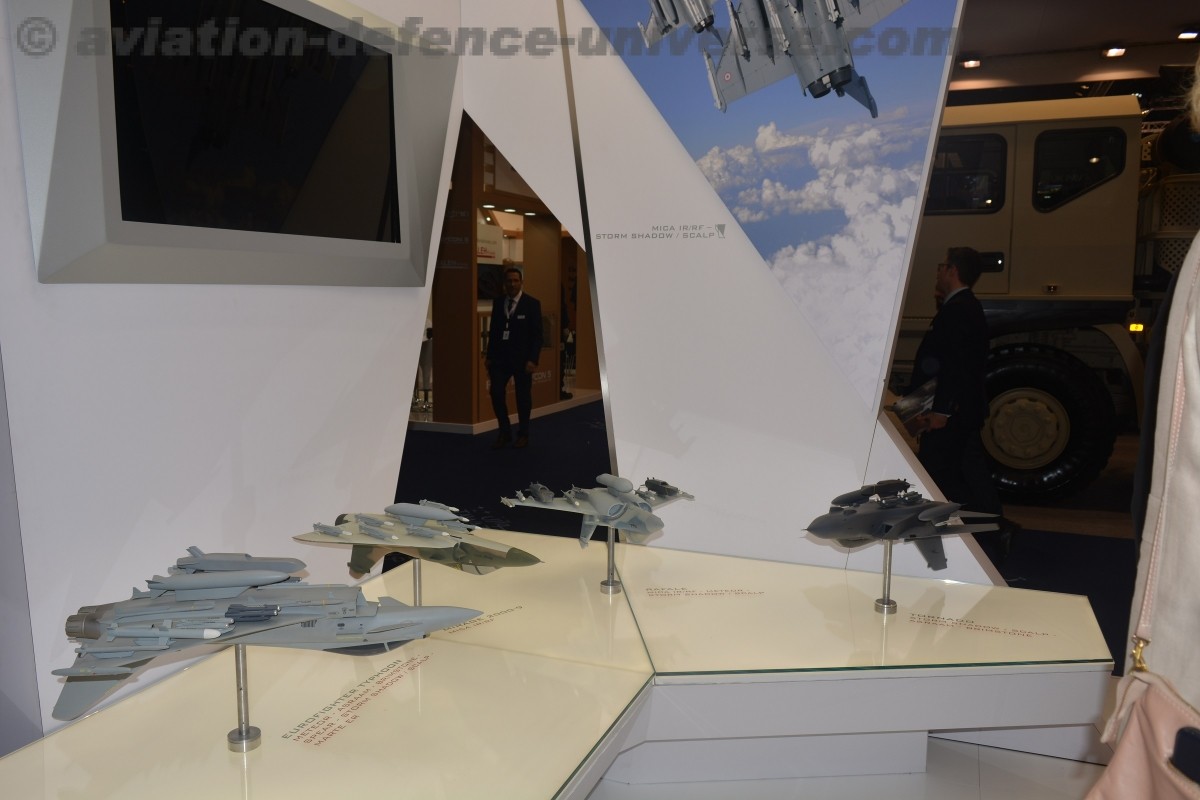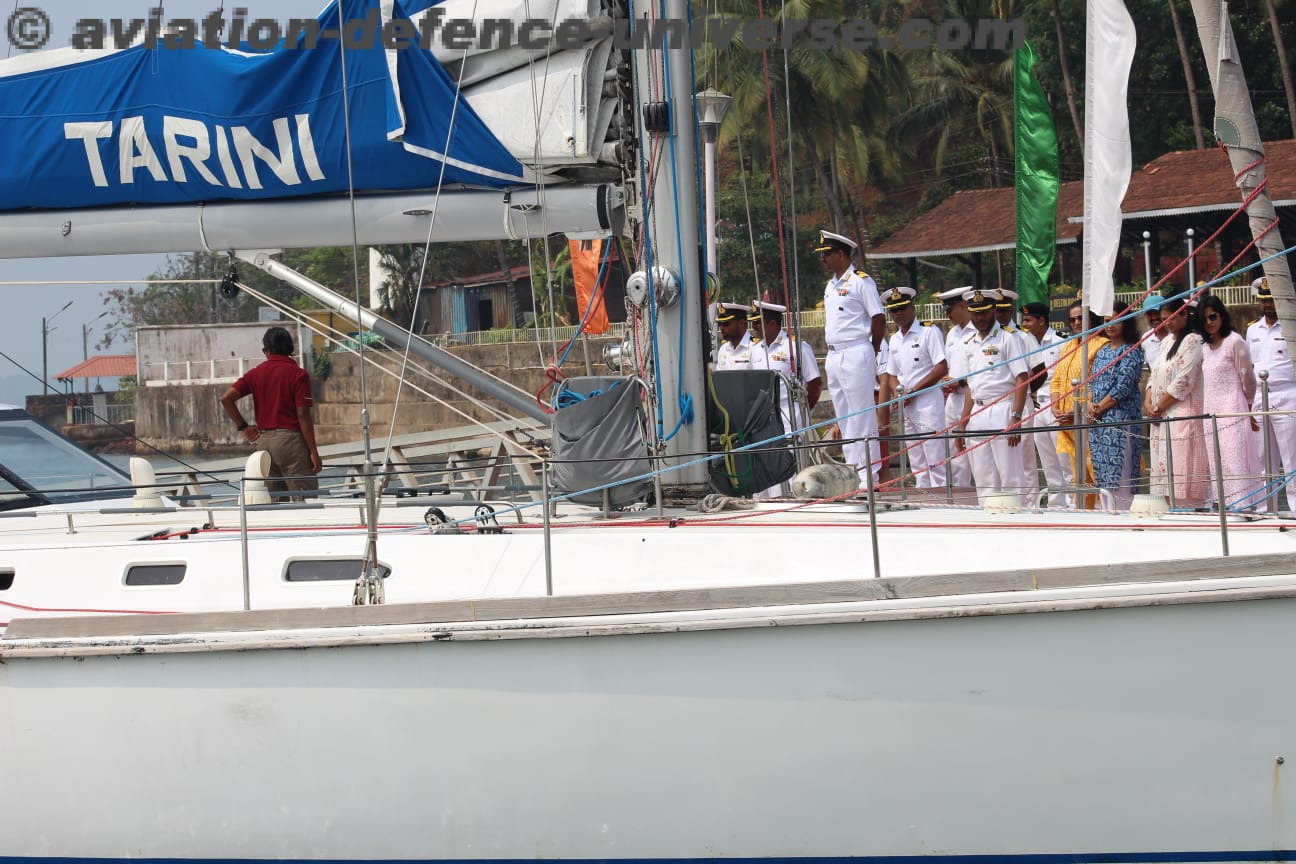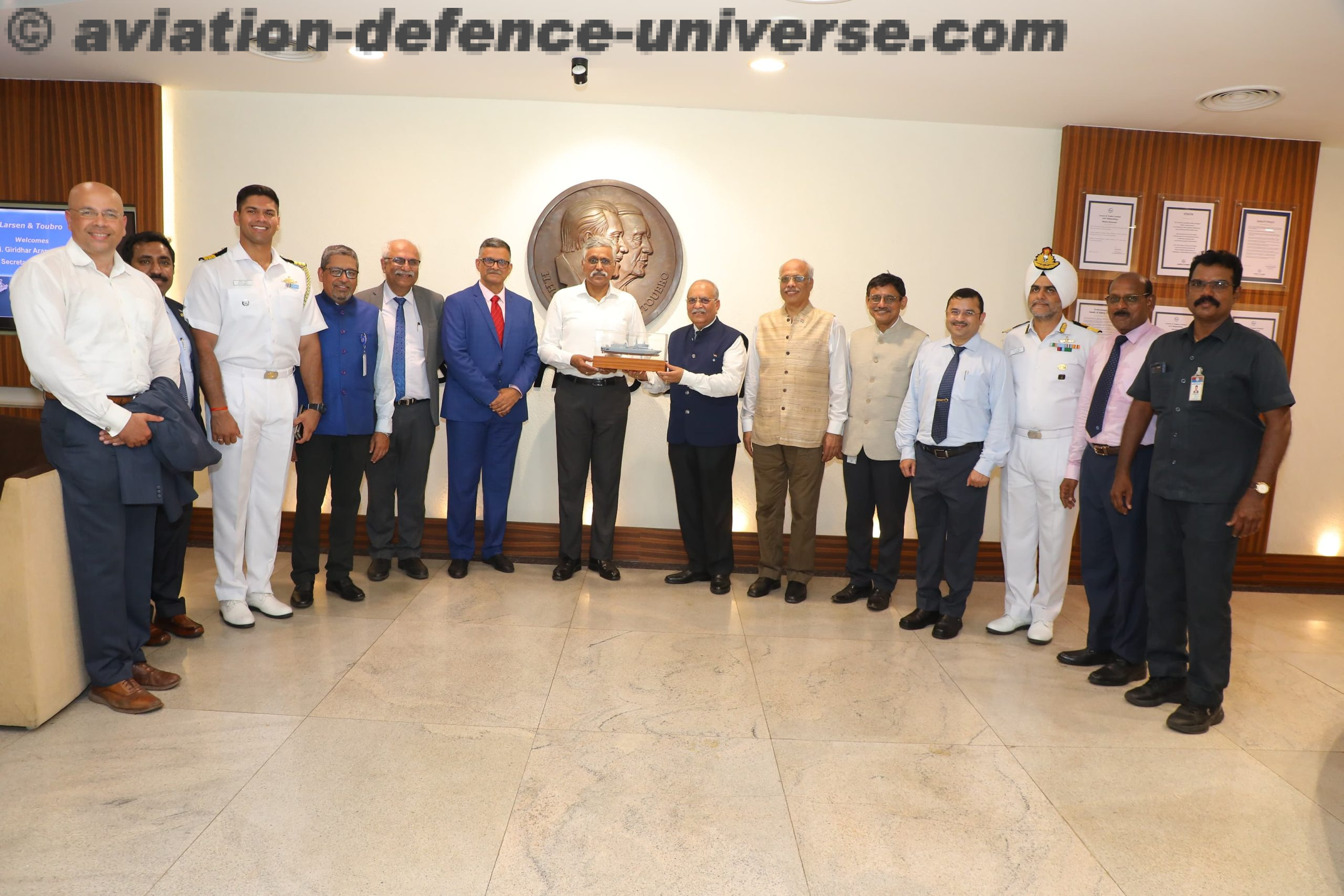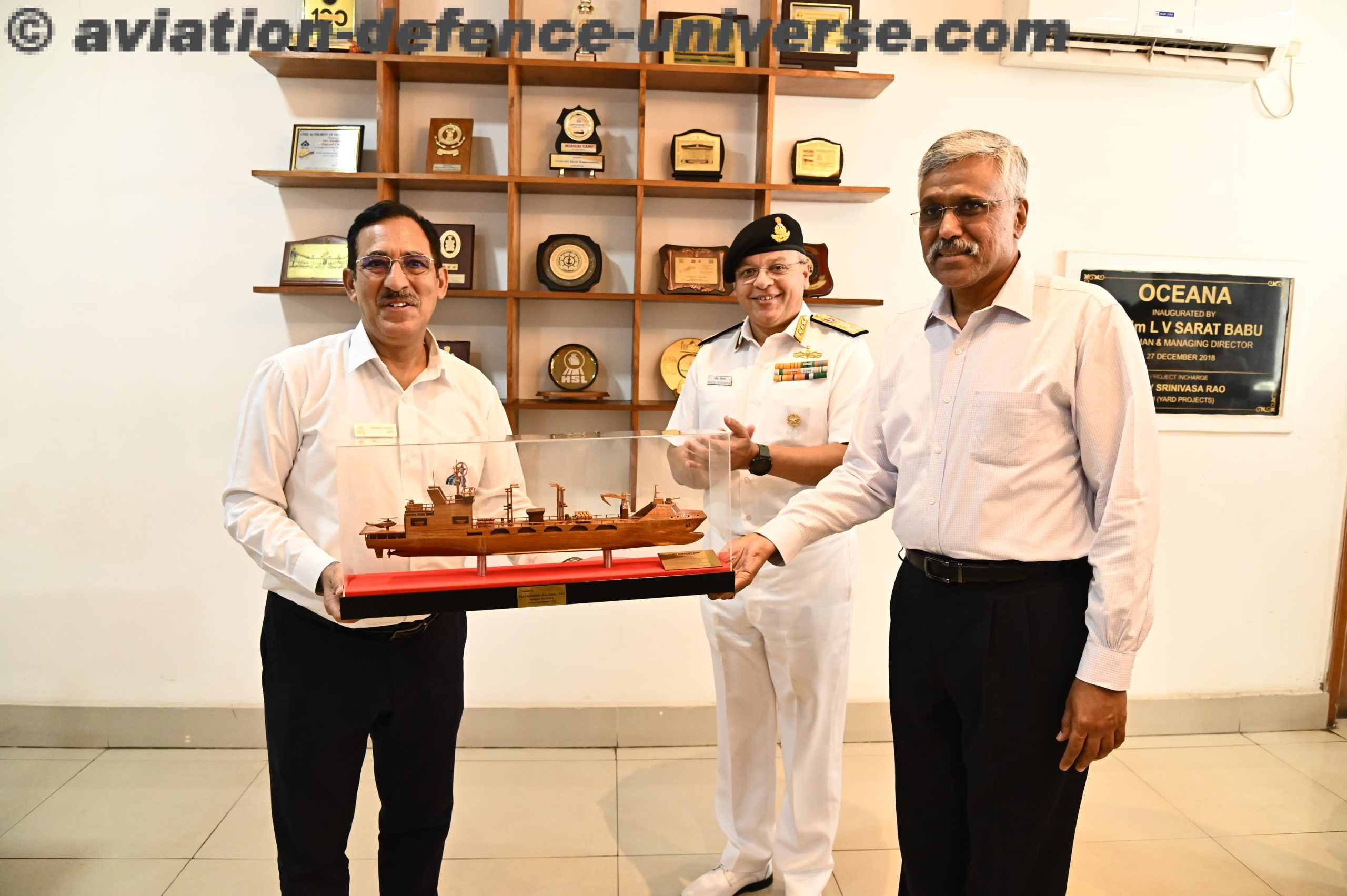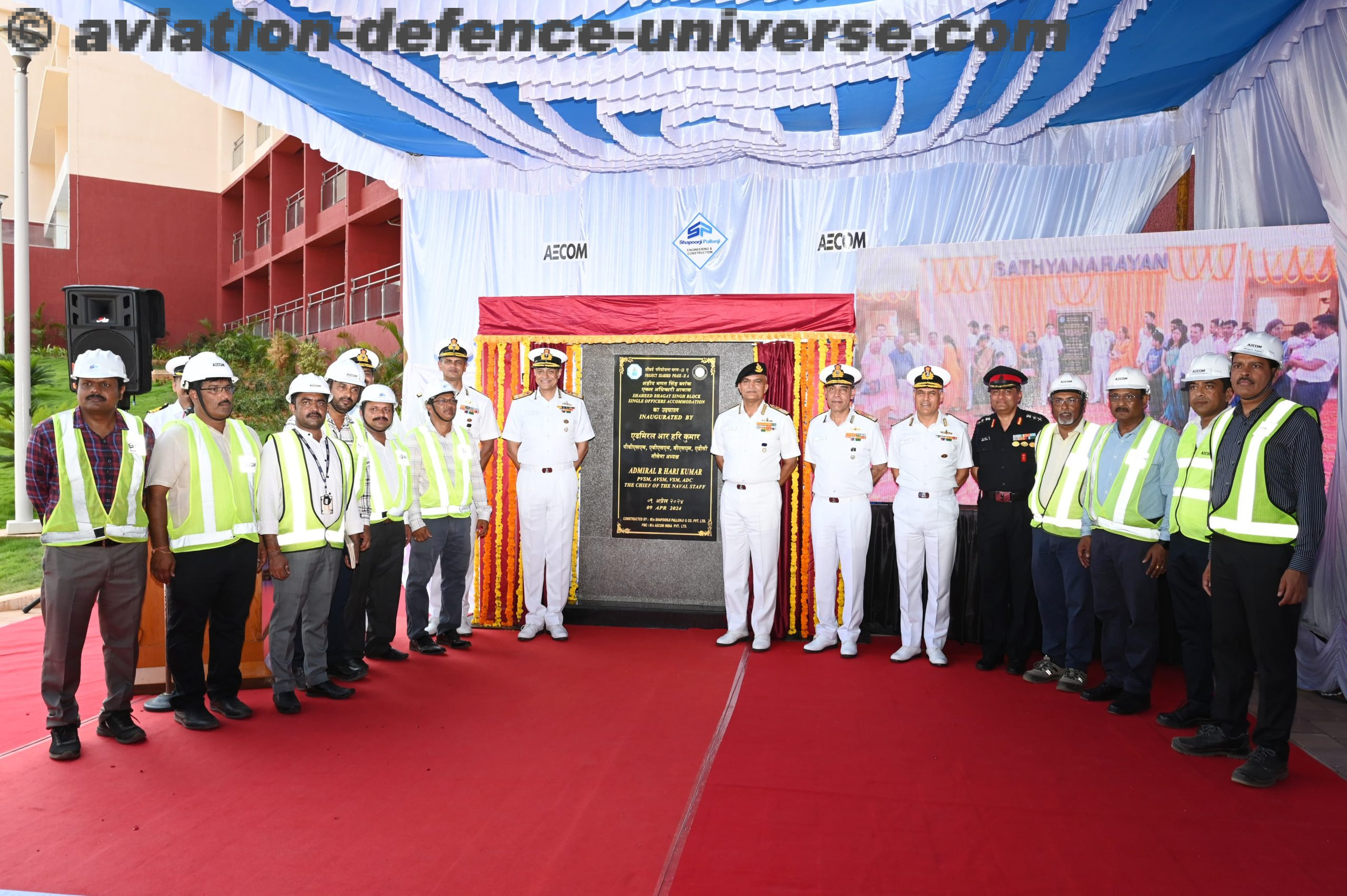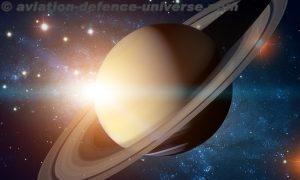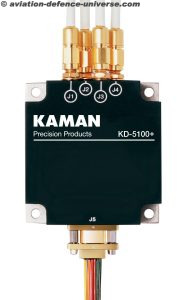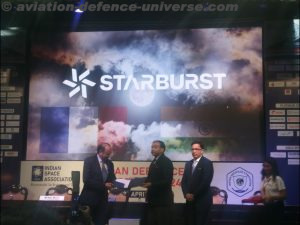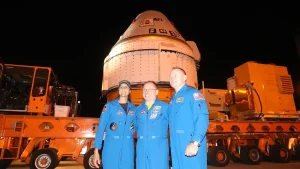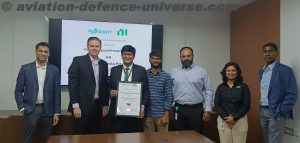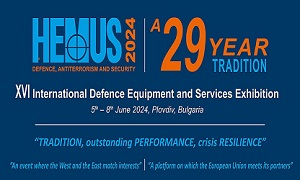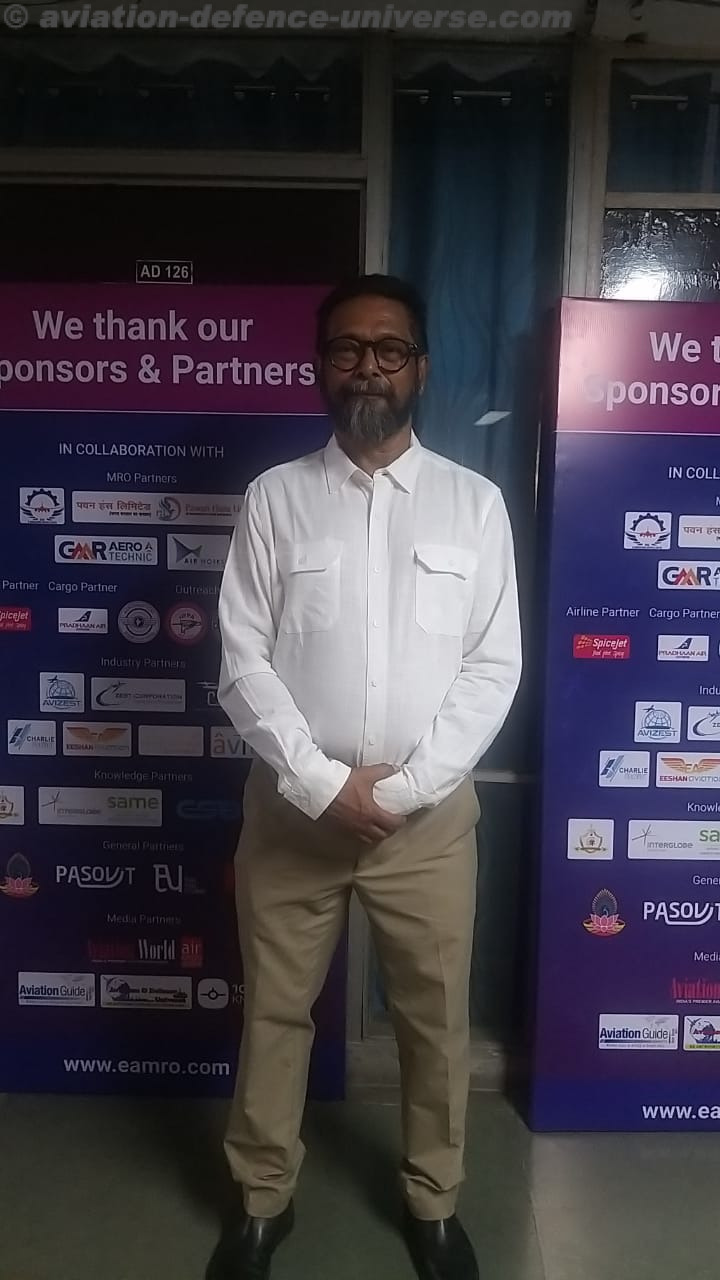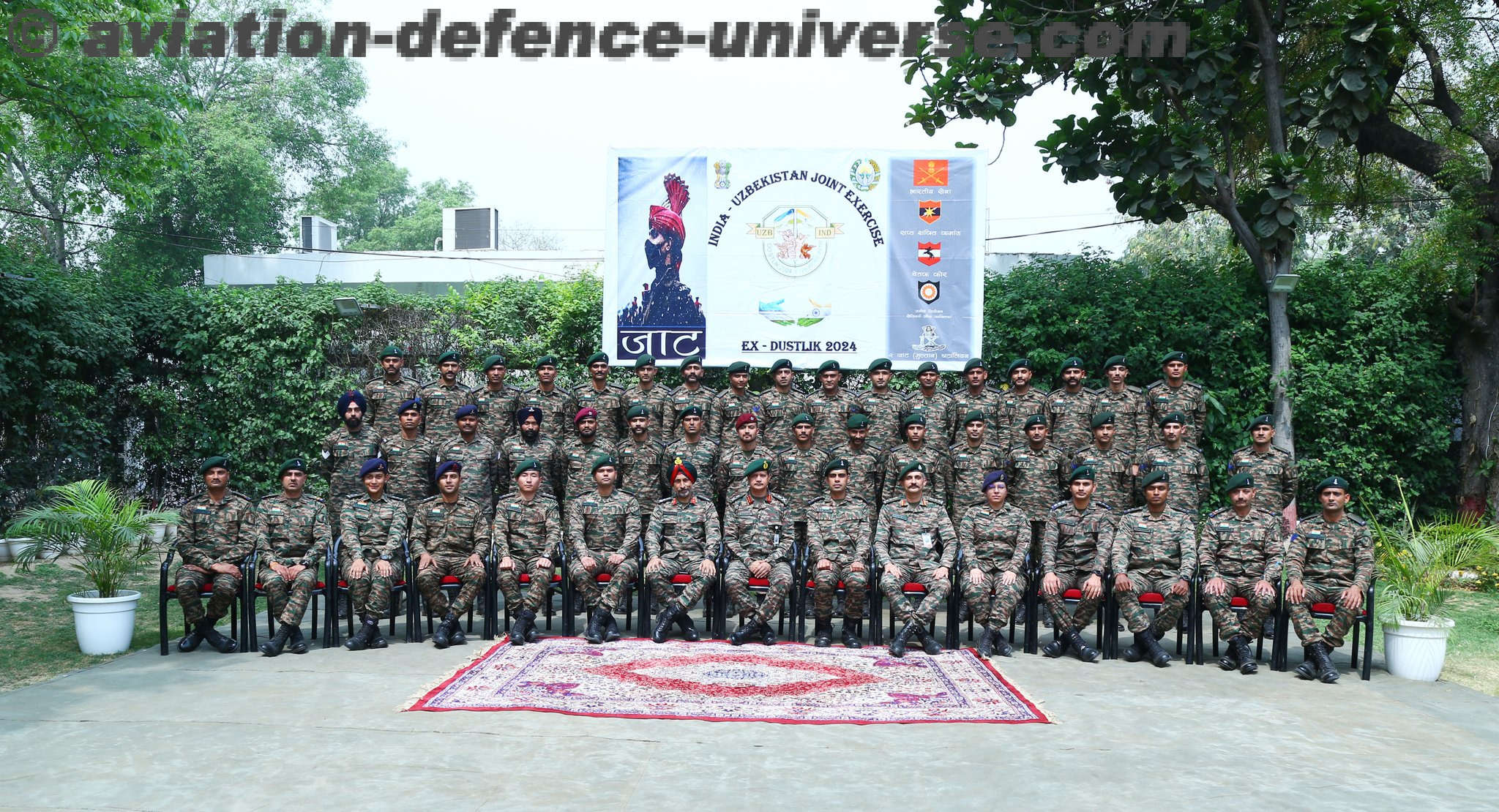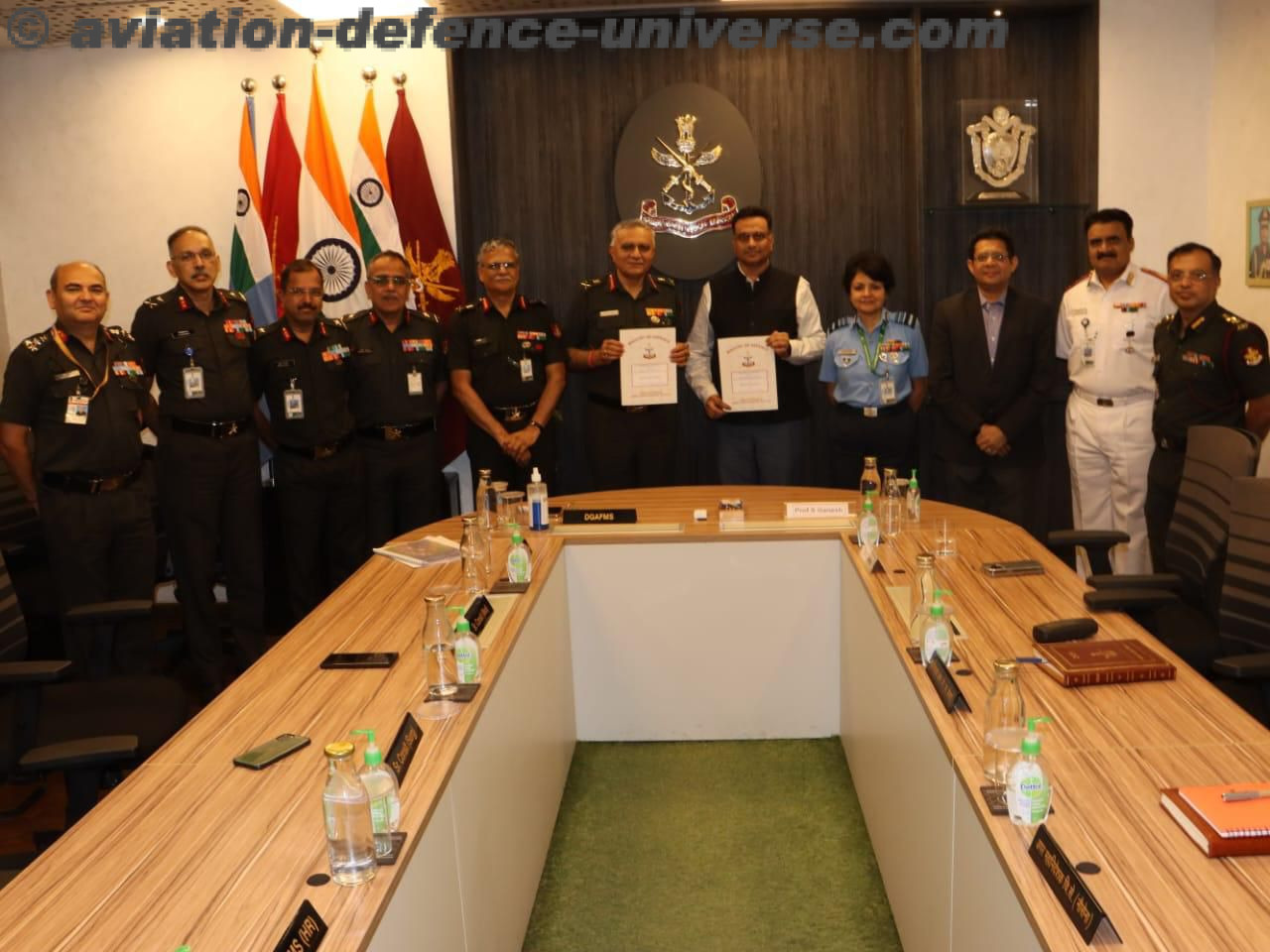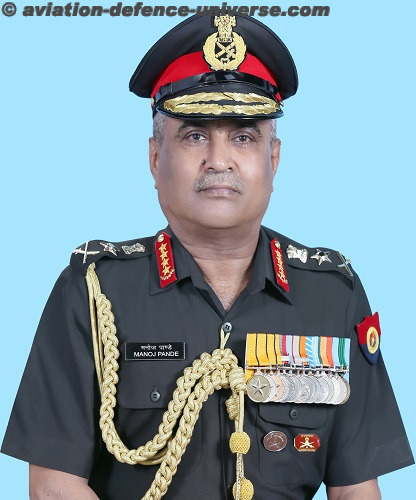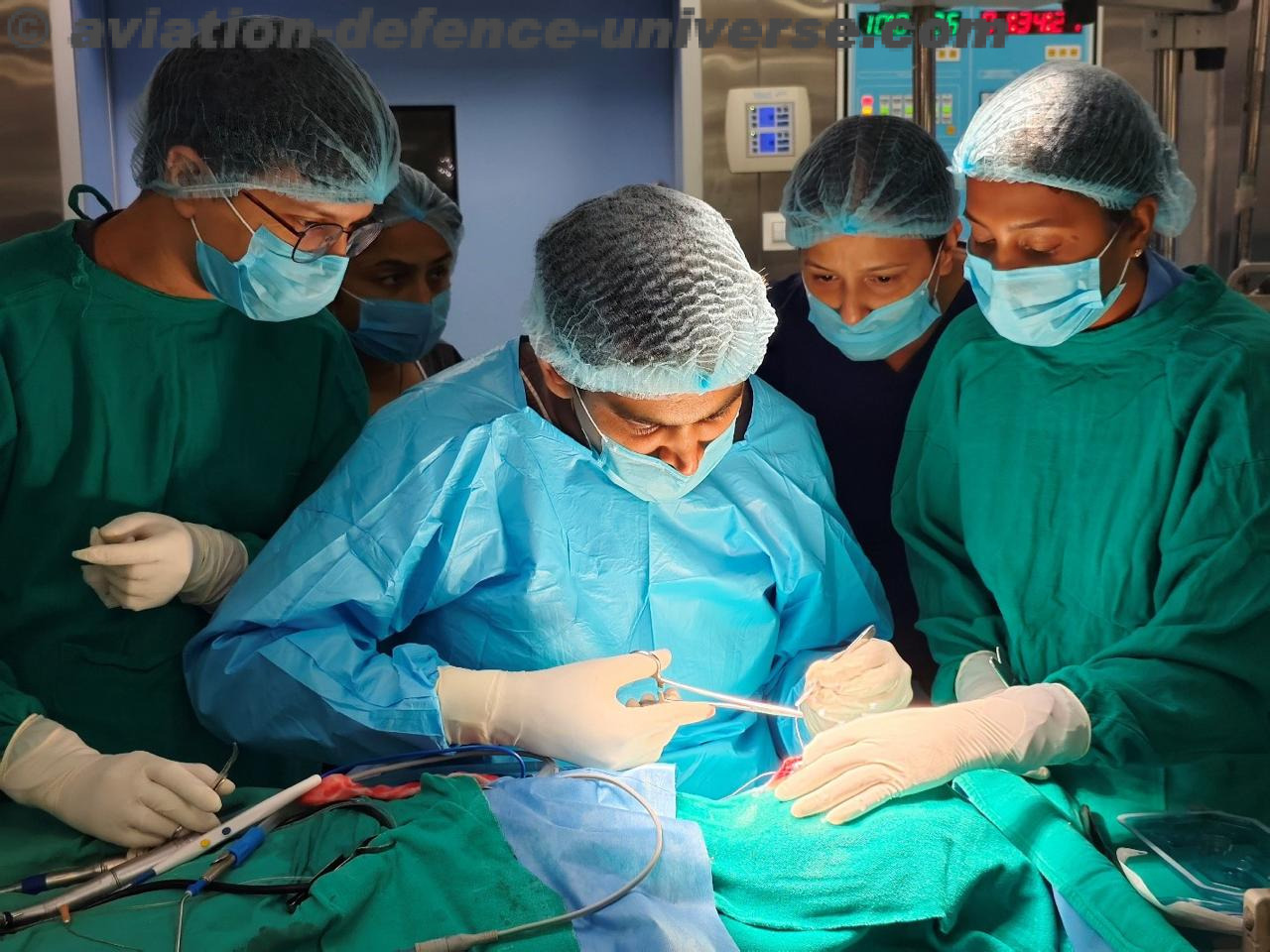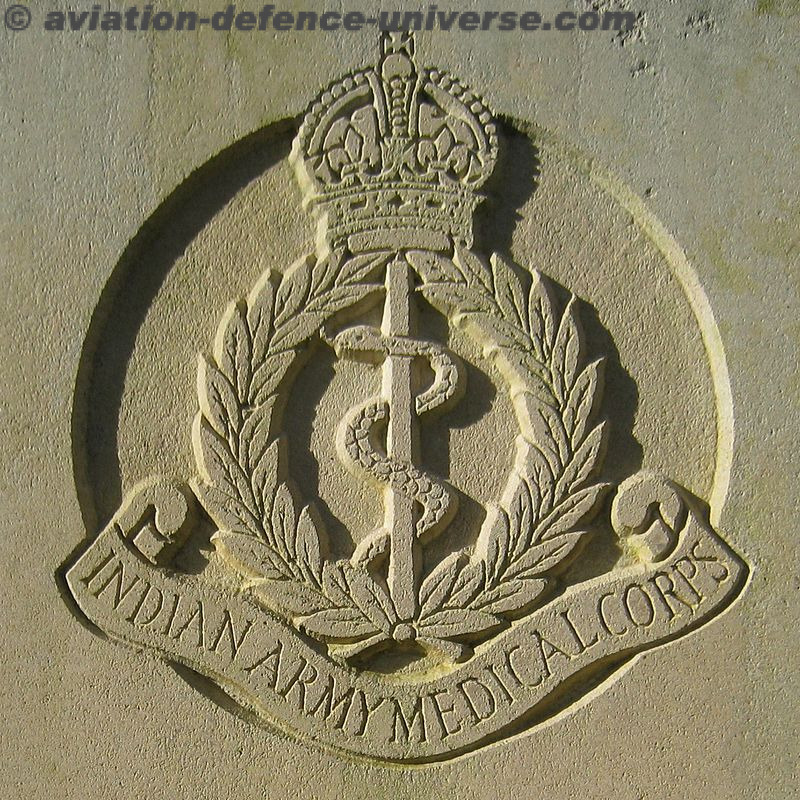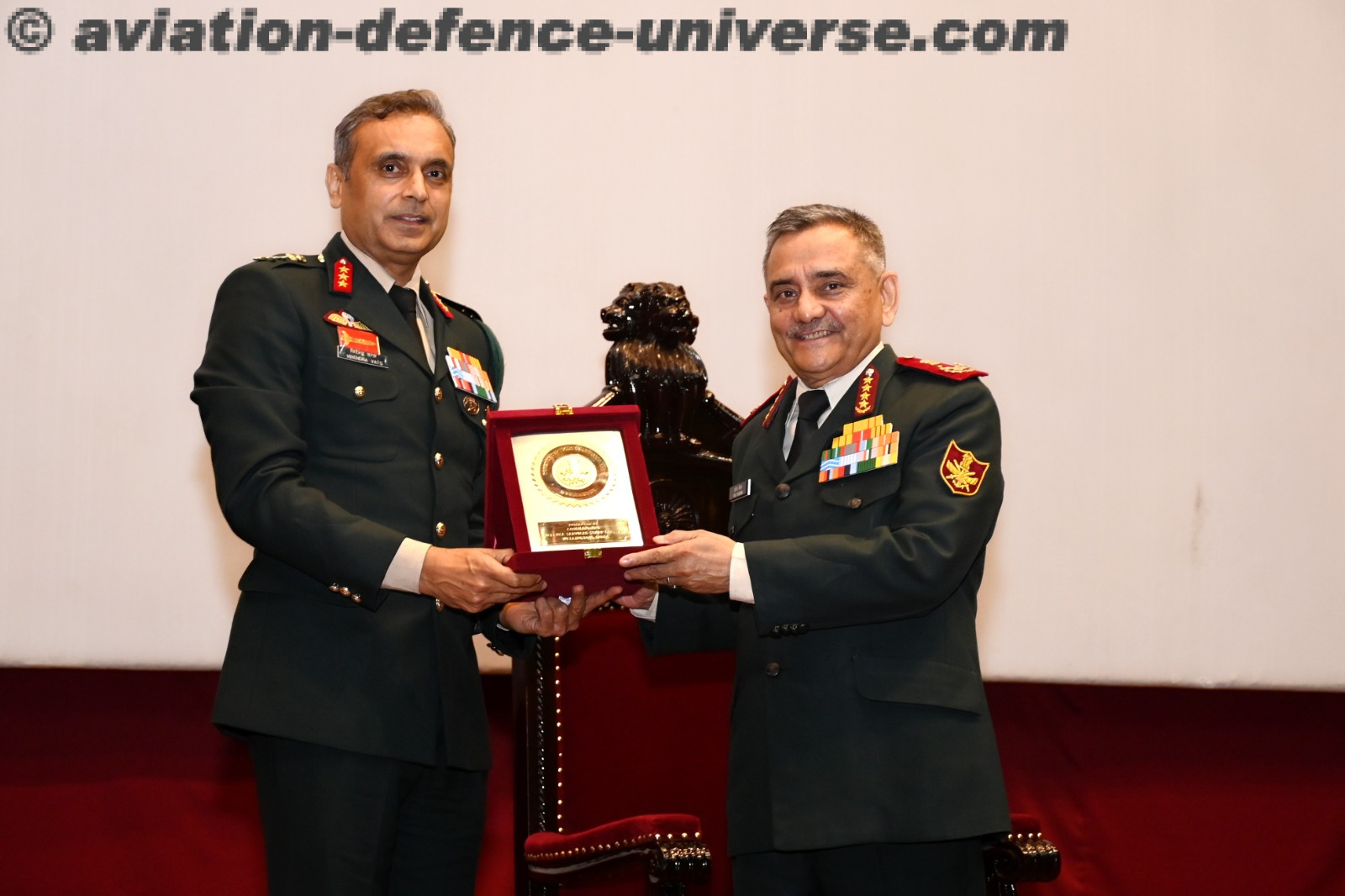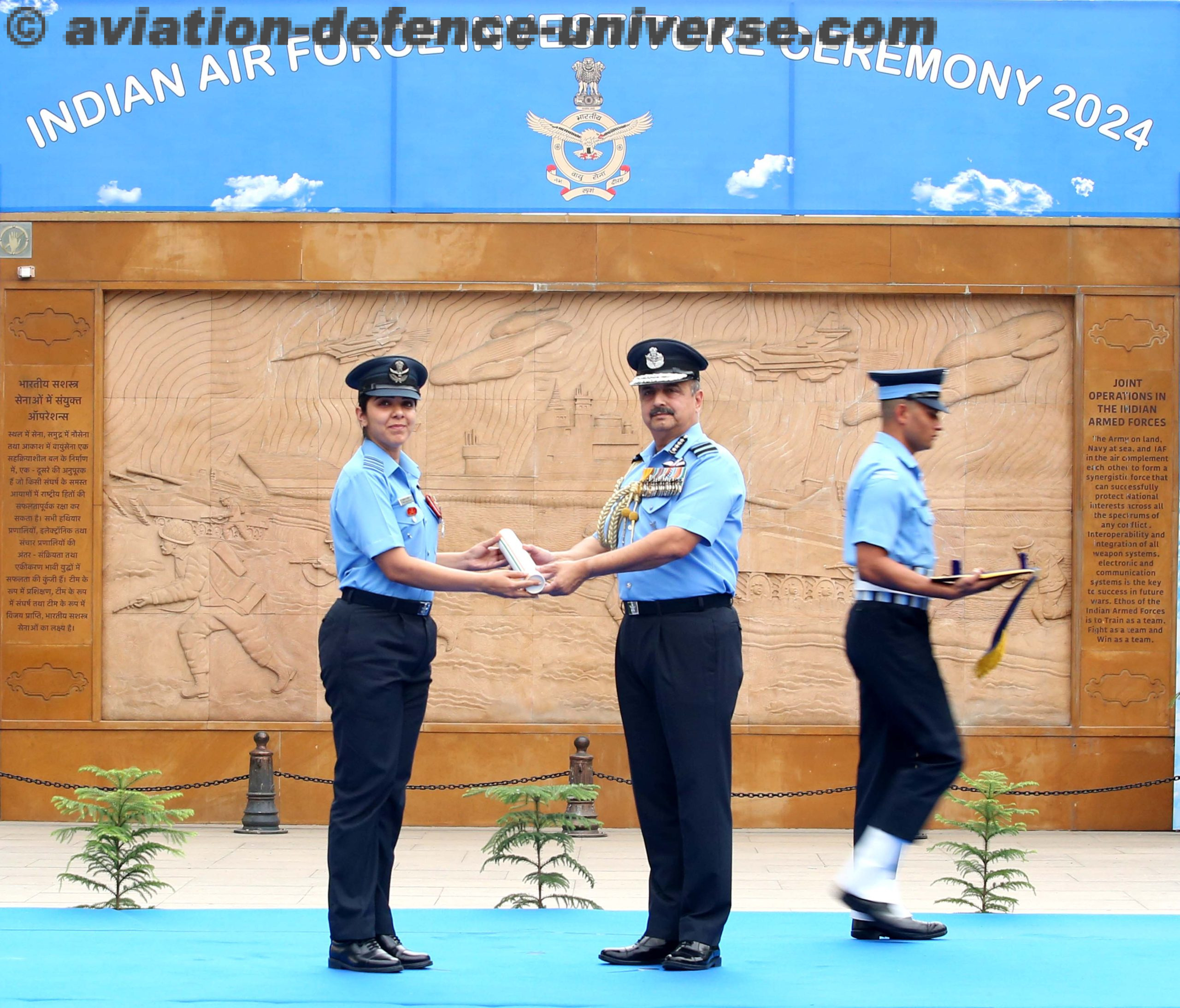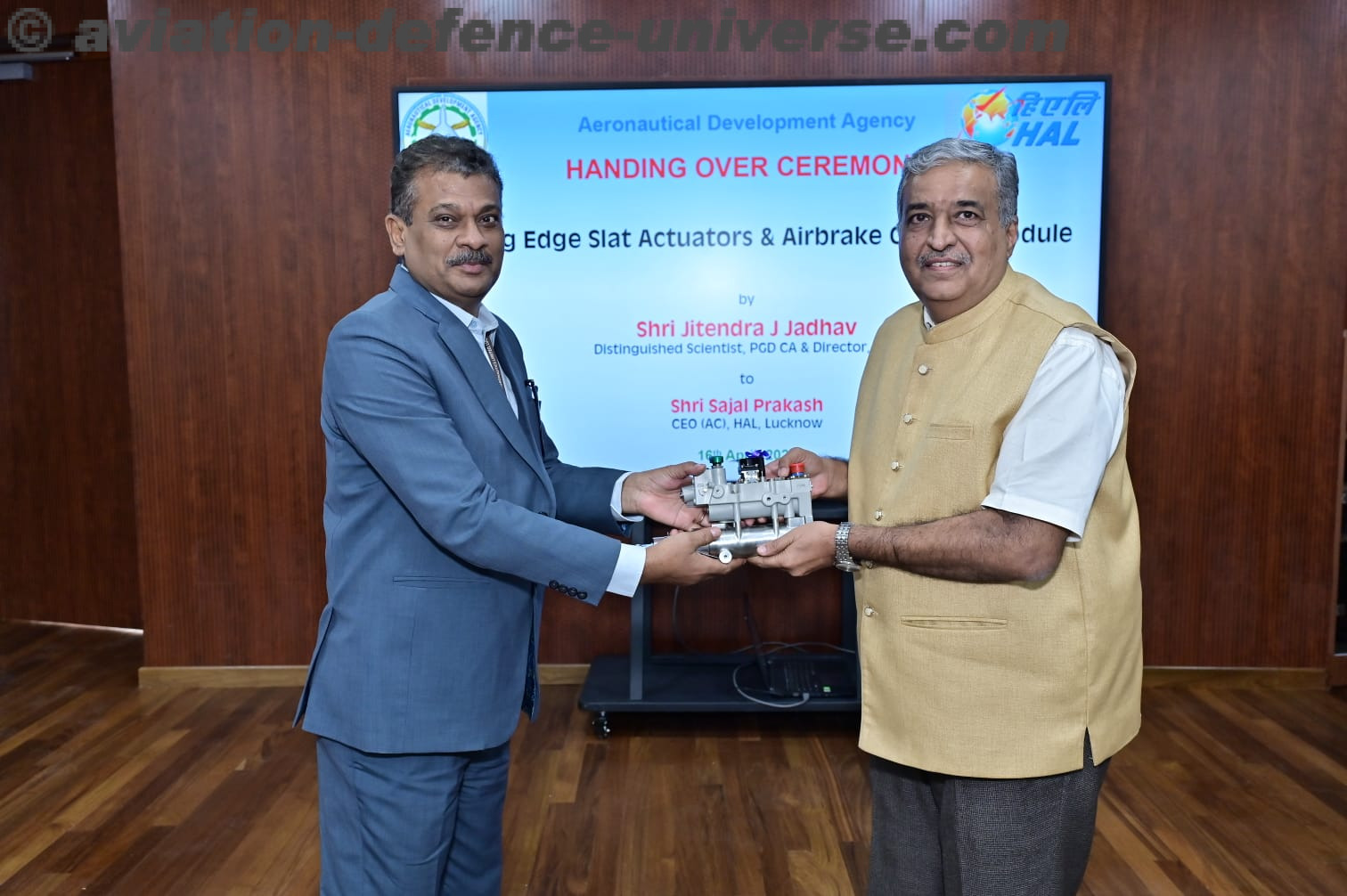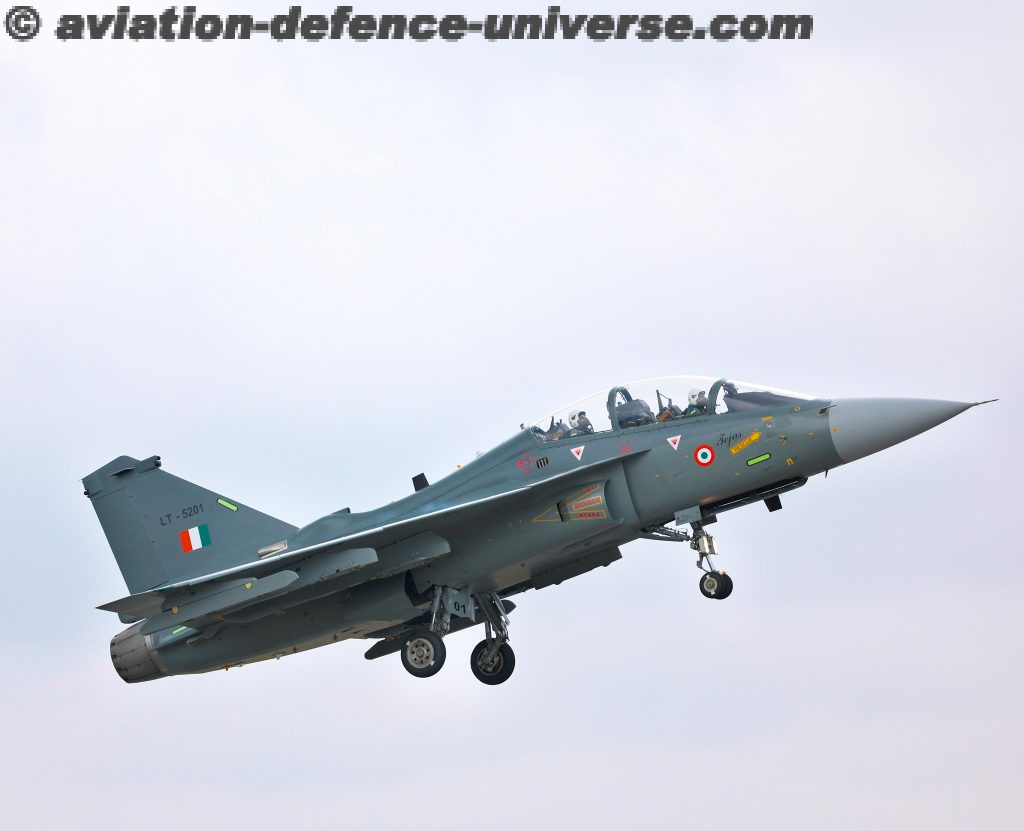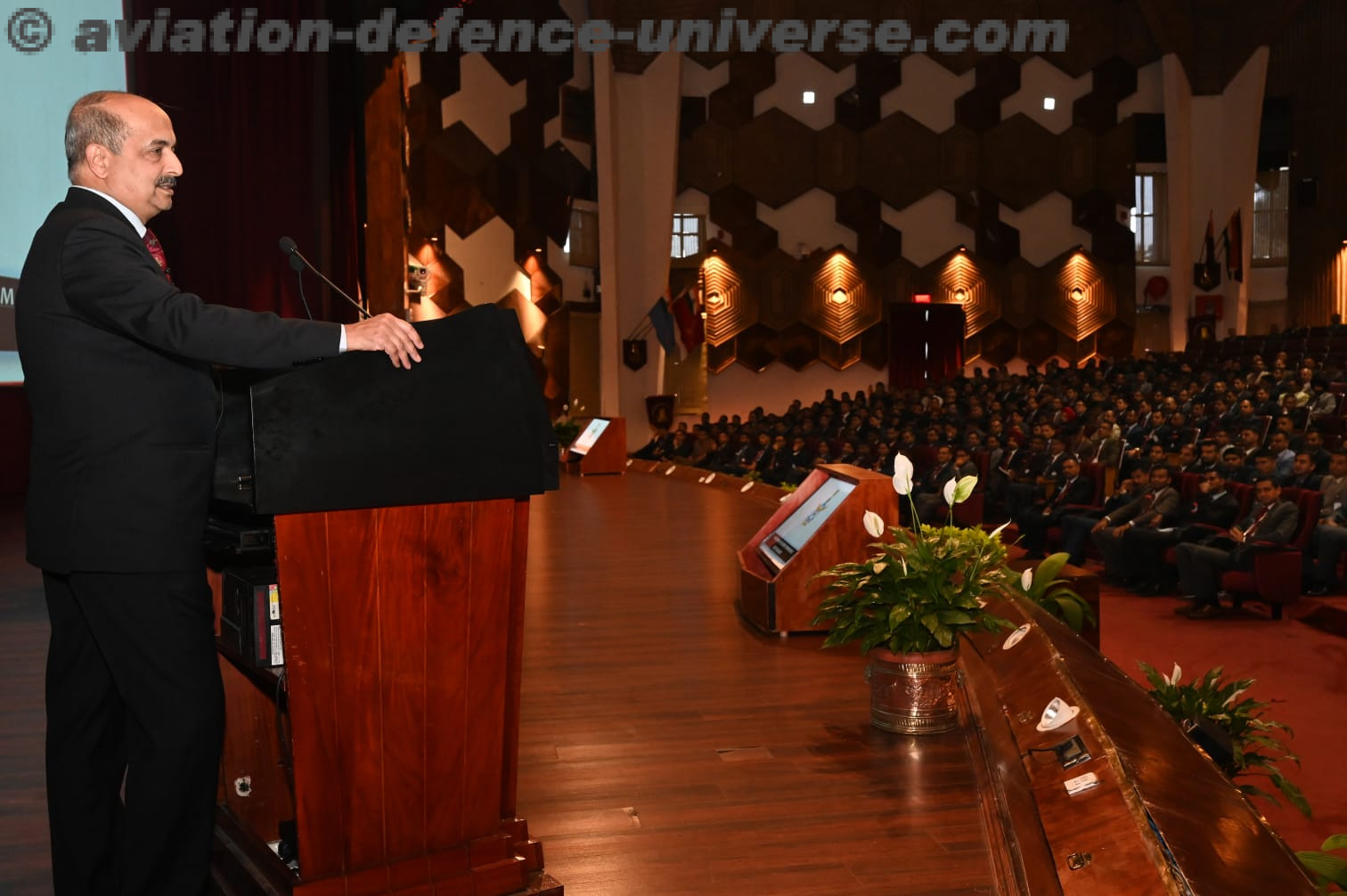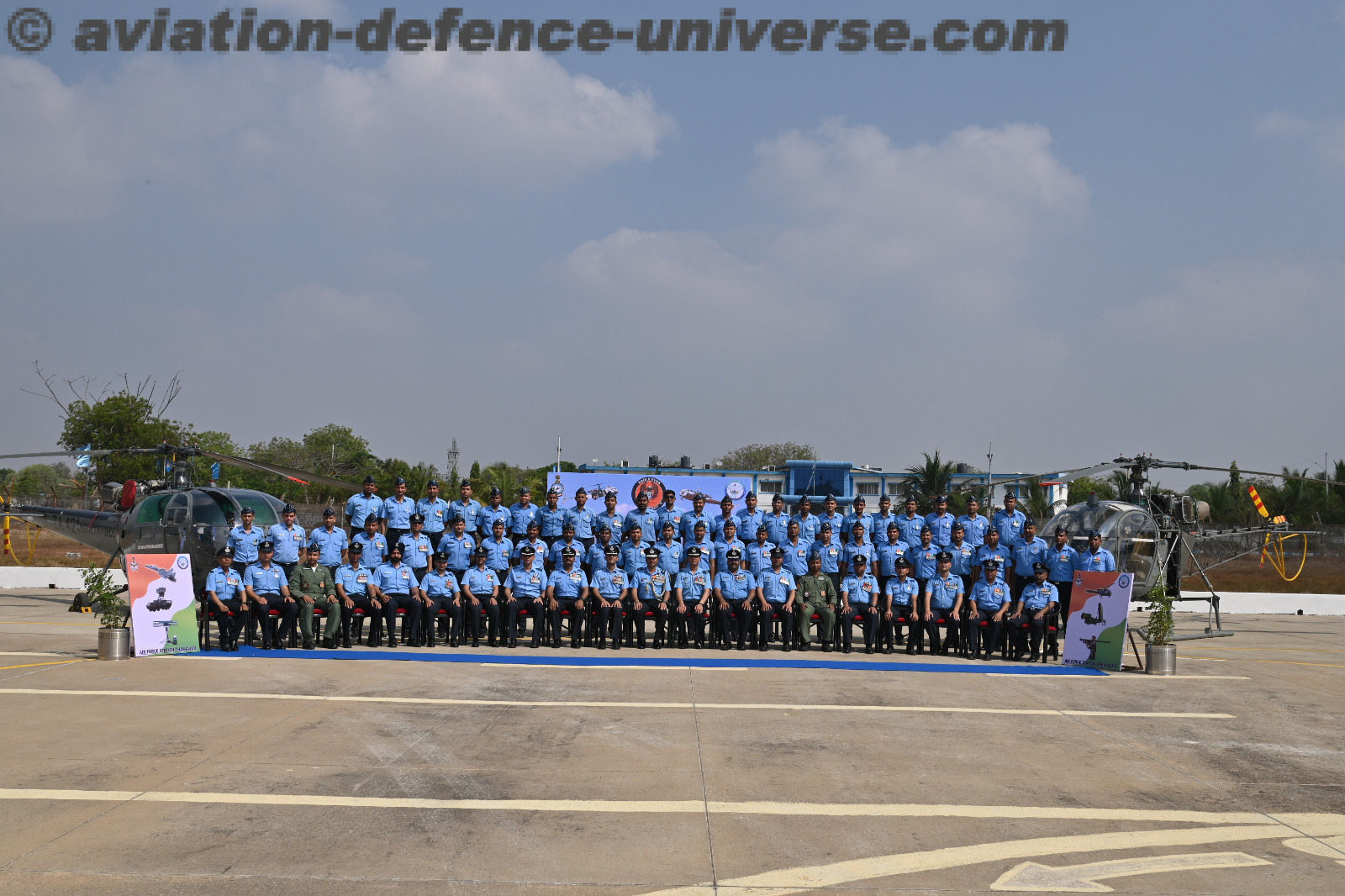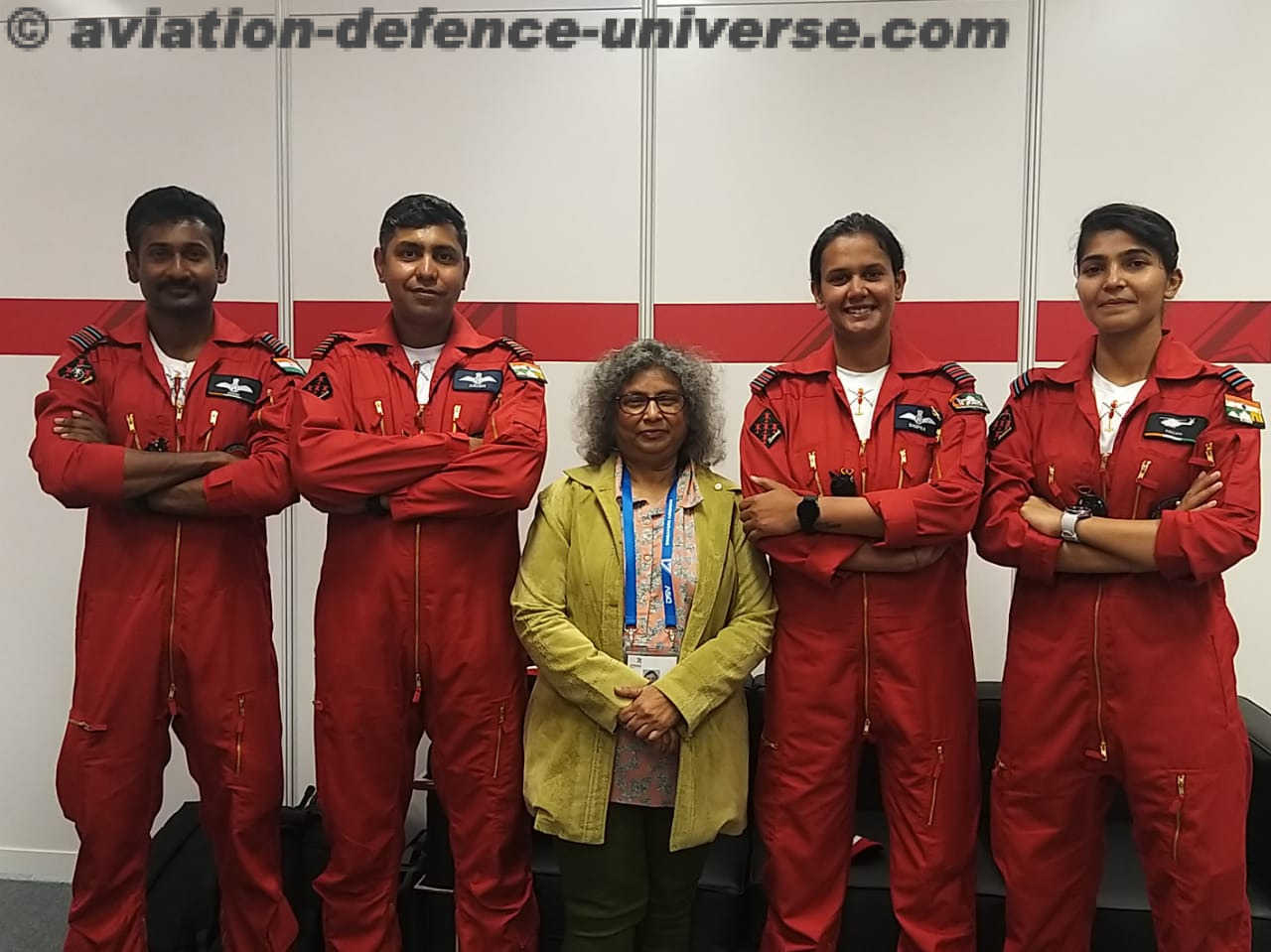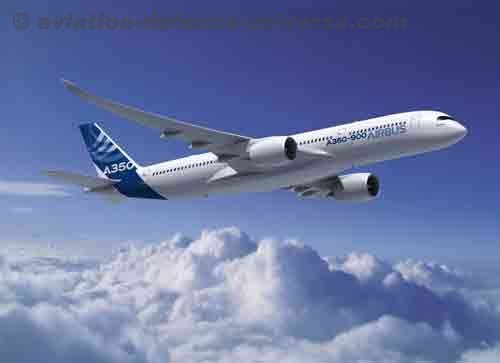- TRUTHS will provide a benchmark of Earth’s energy balance by consistent calibration traced to a metrological reference
- Consistent calibration will also enhance existing satellite missions
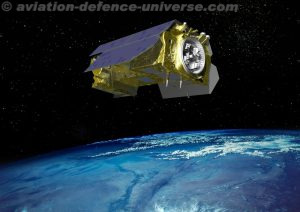 Dubai, UAE. 04 December 2023 . Airbus has been awarded the latest phase in the European Space Agency (ESA) TRUTHS mission as part of ESA’s Earth Observation Earth Watch programme. The contract covers detailed definition of the mission and payload, and focuses on payload development and de-risking activities with an option for the procurement of long lead time hardware ahead of the full implementation phase following the 2025 ESA Ministerial budget meeting. The contract is worth €109.3 million including options and was signed at COP28 in Dubai.
Dubai, UAE. 04 December 2023 . Airbus has been awarded the latest phase in the European Space Agency (ESA) TRUTHS mission as part of ESA’s Earth Observation Earth Watch programme. The contract covers detailed definition of the mission and payload, and focuses on payload development and de-risking activities with an option for the procurement of long lead time hardware ahead of the full implementation phase following the 2025 ESA Ministerial budget meeting. The contract is worth €109.3 million including options and was signed at COP28 in Dubai.
The TRUTHS satellite mission will measure the Sun’s radiation and the sunlight reflected off Earth’s surface relative to an accurate reference, which will then be used to improve the climatological data sets and calibrate the observations of other satellites. This space-based climate and calibration observing system will enable data from other satellites to be compared more easily providing greater standards of data harmonisation for even more accurate climate change forecasts.
Jean Marc Nasr, Head of Space Systems at Airbus said: “This contract takes us one step closer to building a mission that will enable scientists and climatologists to cross reference their measurements and data enabling much more accurate forecasts and analysis in a shorter time. TRUTHS will provide the gold standard of calibration for space-based Earth observation – a kind of ‘standards laboratory in space’.”
UK Science, Research and Innovation Minister, Andrew Griffith, said: “This UK-led mission will have a global impact, providing invaluable measurements to improve our understanding of climate change. Overseen by Airbus UK, this work is generating growth and developing important industrial capabilities across our space sector, driving forward our ambitions to make the UK a science and technology superpower.”
ESA’s Director of Earth Observation Programmes, Simonetta Cheli, said: “We are glad to award the contract to Airbus in the UK to take their work on developing TRUTHS into the next all-important phase. We see here at COP28 that the world is committed to climate action and having reliable data on which to base decisions is of the utmost importance. TRUTHS will be used as a benchmark so that data from other satellites can be compared more easily, thereby improving reliability.”
TRUTHS stands for Traceable Radiometry Underpinning Terrestrial and Helio Studies. This latest phase will include design definition of the mission and payload as well as commencing the build-up of the Industrial partners required to deliver such a complex payload while establishing optical Earth instrumentation expertise in the UK. This enhanced capability in the UK will enable Europe to benefit from a new skill set for Earth observation satellite missions in the future.
TRUTHS will carry a Cryogenic Solar Absolute Radiometer (CSAR) to provide a primary calibration standard in order to benchmark measurements of both incoming solar radiation and outgoing reflected radiation – measured with a Hyperspectral Imaging Sensor (HIS) also part of the payload – with unprecedented accuracy. These measurements will give the ability to estimate radiative imbalance underlying climate change and, importantly, in a shorter time than is currently possible. TRUTHS will serve to calibrate other satellite sensors, such as those carried on the Copernicus missions, through co-imaging operations.
TRUTHS is funded by a set of ESA member states, led by the UK, with the participation of the Czech Republic, Greece, Romania, Spain and Switzerland. Airbus is supported in the initial development of the satellite by partners including Surrey Satellite Technology Ltd, Teledyne e2v, National Physical Laboratory, Rutherford Appleton Laboratory, Deimos Space UK Ltd and AVS-UK Ltd, Thales Alenia Space Switzerland, Deimos Space SRL, Sener, and Integrated Systems Development. Further important contributions will be made by other companies and institutes from the participating nations.
The UK has embarked on a strategy to take a leadership role in this domain building on the strong climate science expertise from among others the National Physical Laboratory, the National Centre for Earth Observation and Rutherford Appleton Laboratory Space.




